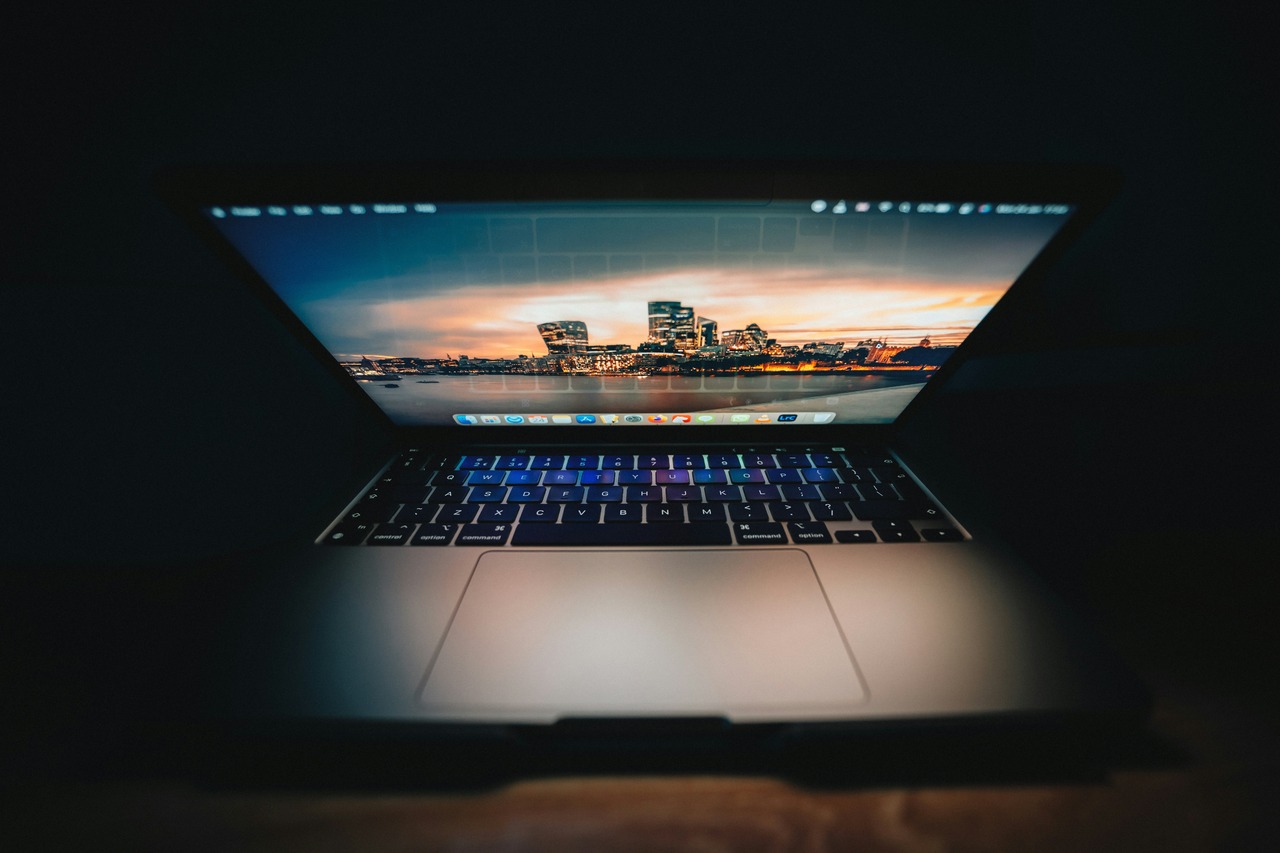Artificial intelligence has a negative impact that’s more severe than most people think. This distressing glimpse behind the curtain reveals how even the most beneficial tech in the world has some pretty dark unintentional downsides.Here are some of the potential and current adverse effects of AI.
1. Extortion
What would you do if you received a picture of yourself in a compromising position that you’d never been in? You’ll have to come up with the answer pretty quickly when the stranger who sent it threatens to release it. That is unless you do something for them.
They could ask you for anything — maybe payments, nude images or sexual favors. You would probably feel intense pressure to give in. After all, you wouldn’t realistically be able to stop everyone you know from seeing the image. Some of them might even think it was real since it’s tough to deny photo evidence.
People can use generative AI to create photos or videos of you doing something you never have. For example, they could make it look like you were cheating on your partner, stealing, using slurs or talking behind someone’s back. Artificial intelligence’s negative impact could do serious damage.
2. Nonconsensual Content
The negative effects of AI extend to the boundaries of consent. Predators and creeps can use it to turn any regular photo into a nude. They could even train an algorithm to mass-produce illicit images of one specific person if they had the resources. Even though the images wouldn’t be real, they would look photorealistic.
Although you could argue generating fake images for your personal use is fine, it’s definitely a moral gray area. What would happen if a jealous ex sent an AI deepfake video to your new partner? How about if your conniving colleague anonymously sent a fake nude of you to your boss? Relationship turmoil, embarrassment and a ruined reputation are genuine possibilities.
3. Discrimination
Human resources professionals frequently deal with the negative effects of AI. After all, nearly 80% of companies use it for recruitment. Sometimes, the algorithm discriminates and rejects applicants based on gender, race or disability status because it trained using flawed data.
Artificial intelligence has a negative impact that costs people jobs. Proxy discrimination by AI — where an algorithm absorbs human biases during training — is a very real danger in hiring. There have been multiple cases of machine learning models baselessly rejecting applicants.
4. Catfishing
If you can fit it into a prompt, generative AI can create it. In the past, catfishers — people pretending to be someone else online — used random pictures they found. Reverse image searches all but put an end to their usual strategies. Unfortunately, they can now use AI to create any picture or text they want.
Realistic — but entirely fake — dating profiles and social media accounts might become the new norm. Admittedly, this particular artificial intelligence negative impact has dark implications. If predators wanted to lure kids into dangerous situations, they could simply pose as a child online.
5. Job Losses
Artificial intelligence and its negative impact extends to the labor market. This should come as no surprise, considering experts believe its market value will reach $31.18 billion by 2028. Most companies have tried to adopt it in some form — making many manual roles obsolete.
Plenty of people are familiar with how it has replaced workers in every industry, from finance to tech. It’s the second leading cause of job losses among all other modern technologies. Even historically protected jobs like the arts aren’t safe from it.
6. Unintentional Casualties
A substantial artificial intelligence negative impact involves AI-powered weapons. There are no government regulations on autonomous weaponry, so the worst-case scenario is anyone’s guess. What happens when a drone targets civilians because its code is riddled with errors? Or when an algorithmic bias causes them to fire on friendlies?
7. Child Abuse
In a distressing turn of events, child abusers and run-of-the-mill creeps are using AI to create child sexual abuse material. A mother in Spain found this out the hard way when her teenage daughter approached her with disturbing news — local boys had used AI to digitally undress her and dozens of other young girls. The group even shared them with others around town.
To make matters worse, child sexual abuse rings are using images of real children to mass produce illicit material. Usually, professionals at the Federal Bureau of Investigation comb through small details in videos to find and rescue human trafficking victims. However, the new surplus of AI images may make their job nearly impossible — and cost lives.
The impact even extends to the average person browsing online. Since most search engines and websites rely on tracking tools that block known images of child abuse, they have a much higher chance of stumbling upon graphic, AI-generated material.
8. Stolen Art
You’re probably aware the negative effects of AI extend to art. Many artists have voiced serious concerns over AI art because it trains using their work. In some cases, an algorithm has spit out images containing someone else’s signature. Algorithms frequently break copyright restrictions and have replaced many humans in creative roles. As a result, people have lost their livelihoods.
9. Cybercrime
Unfortunately, artificial intelligence has a negative impact on cybersecurity. It shouldn’t really be surprising that cybercriminals have begun using AI in cyber attacks and scams. After all, a scammer can copy or create voices, photos, videos or paragraphs of text in seconds with a generative model.
If you use YouTube, you might’ve even come across one of those AI-voiced scam ads. Phishing is another common use for this tech. It can be incredibly convincing and has a relatively low entry cost, so many cybercriminals use it.
10. Misinformation
Generative AI — particularly pre-trained large language models — famously hallucinate. They frequently come up with fake answers and cite nonexistent sources. What’s more, some even double down on their incorrect statements and get argumentative when called out. Algorithms can’t reason or contextualize, so they often spread misinformation.
The Colossal Artificial Intelligence Negative Impact
There’s a good chance you’ve never even considered how artificial intelligence has a negative impact this substantial. Unfortunately, you need to come face to face with the dark side of modern tech to understand why the world must be careful with technological advancements.
Recent Stories
Follow Us On
Get the latest tech stories and news in seconds!
Sign up for our newsletter below to receive updates about technology trends




